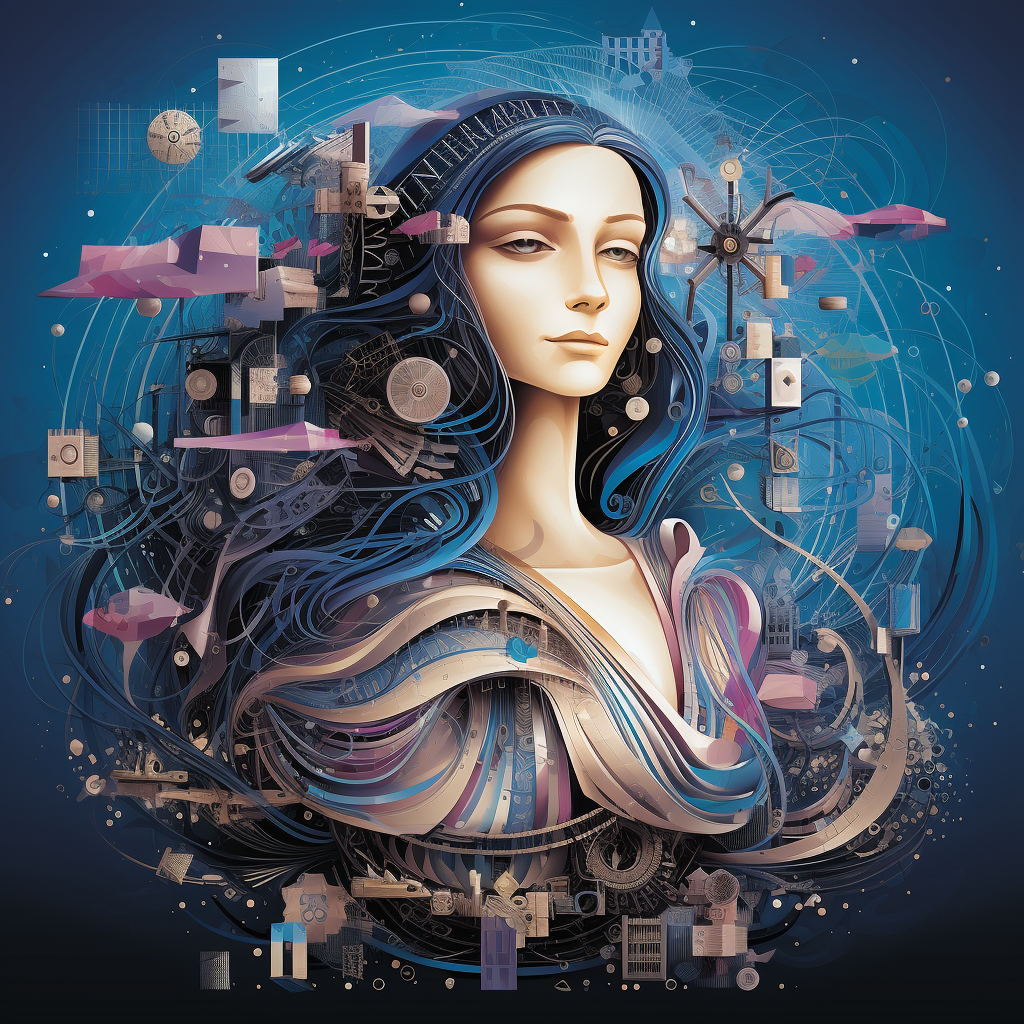Imagine a world where robots don’t just assemble our iPhones, but dream them up in the first place. A reality where AI isn’t just a tool in the hands of human innovators, but the innovator itself, generating groundbreaking ideas and turning them into thriving businesses. Sounds like science fiction, right? Well, according to Mustafa Suleyman, cofounder of Google’s DeepMind, this future might be closer than we think.
AI as the Ultimate Venture Capitalist:
At the 2024 World Economic Forum, Suleyman dropped a bombshell prediction: within the next five years, AI will be capable of acting like an entrepreneur and inventor, not just a passive executor of human commands. This means AI could not only identify promising market gaps and generate innovative solutions, but also navigate the complex world of business development, financing, and marketing.
From Lab Rats to CEOs:
Think of it like this: current AI excels at analyzing massive datasets and recognizing patterns. In the hands of a skilled entrepreneur, those patterns can reveal untapped needs, hidden trends, and opportunities for disruption. But what if the AI itself could identify those patterns, formulate a business plan, and even pitch it to investors? That’s the level of AI entrepreneurship Suleyman envisions.
Challenges and Cautions:
Of course, the road to AI-powered startups isn’t without its bumps. Concerns around intellectual property, ethical considerations, and the potential for unintended consequences loom large. Who owns the inventions generated by AI? How do we ensure AI entrepreneurs operate within ethical boundaries? And what happens when AI-powered companies disrupt the job market on a massive scale?
Navigating the Maze of Ethics and Implications:
These are complex questions that demand careful consideration and proactive solutions. We need to develop robust ethical frameworks for AI development and deployment, ensuring responsible use of this powerful technology. Additionally, we must prepare our workforce for the changing landscape of employment, equipping individuals with the skills and adaptability needed to thrive in a world increasingly influenced by AI.
The Dawn of a New Age:
Despite the challenges, Suleyman’s prediction isn’t just a futuristic pipe dream. It’s a wake-up call, an invitation to prepare for the transformative potential of AI entrepreneurship. This isn’t about AI replacing human innovators; it’s about humans and AI working in tandem, pushing the boundaries of creativity and progress.
Think about it: AI could bring revolutionary solutions to healthcare, energy, and environmental challenges. It could democratize innovation, making entrepreneurship accessible to anyone with a bright idea. The possibilities are endless, and the responsibility to shape this future wisely lies with all of us.
Conclusion:
So, the next time you hear about an AI breakthrough, remember: it’s not just about algorithms and code. It’s about the potential for a future where innovation isn’t limited by human constraints, but fueled by the boundless creativity of both humans and intelligent machines. The age of the AI entrepreneur is upon us, and it’s time to embrace the exciting possibilities it holds.
